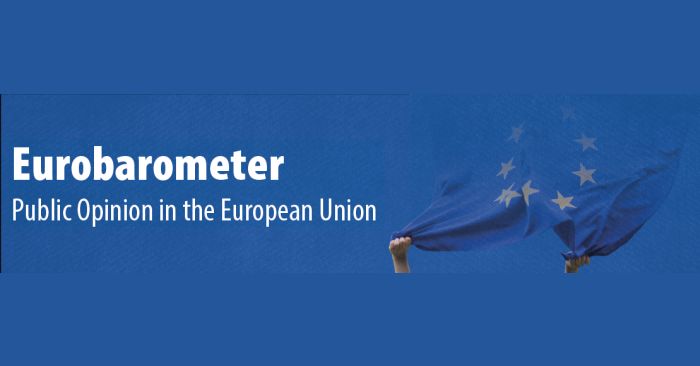
Eurobarometer survey: Science and technology enjoy high levels of trust in the EU
Renewable energy, digitalisation and vaccines as beacons of hope
The future of science is bright: 87% see renewable energy as a benefit to society. 79% expect information and communication technologies to have a positive impact, while 77% see vaccines and measures against infectious diseases as progress.
Curiosity meets obstacles
More than half of Europeans (58%) would like to know more about scientific developments. However, lack of time (40%), lack of interest (37%) and lack of basic knowledge (36%) make it difficult to access this information. This is a challenge for policy makers and science communication.
Trust in science - but also scepticism
77% of respondents want everyone to benefit from scientific progress. 72% believe that the state has a duty to ensure this. But scepticism remains: 58% fear that scientific applications could threaten human rights. 64% believe that science and technology, while promoting environmental and climate protection, mainly benefit companies.
Demand for open access to research
Knowledge should be freely accessible: 80% of EU citizens are in favour of publicly funded research results being available online free of charge. 63% support the involvement of citizens in scientific processes to ensure their relevance to society and values.
Artificial intelligence in science: divided opinions
The use of artificial intelligence (AI) in research reveals a mixed picture: 38% trust the findings obtained with it, while 25% are sceptical of them. Half of the respondents (50%) believe that AI will accelerate scientific breakthroughs and help to overcome major challenges such as climate change and disease.
EU launches communication campaign on science and innovation
In response to the high level of interest, the EU will launch an information campaign in the first half of 2025. The aim is to raise awareness of the EU's role in research, science and innovation. The campaign will showcase funded projects that sustainably improve our quality of life.
Conclusion: science moves Europe
The survey shows that science and technology have the wind in their sails in the EU. However, scepticism needs to be dispelled, knowledge needs to be made more accessible and society needs to be actively involved. Only in this way can science reach its full potential.
Artificial intelligence in science: divided opinions
The use of artificial intelligence (AI) in research reveals a mixed picture: 38% trust the results it produces, while 25% are sceptical. Half of respondents (50%) believe that AI will speed up scientific breakthroughs and help tackle major challenges such as climate change and disease.
EU launches communication campaign on science and innovation
In response to the high level of interest, the EU will launch an information campaign in the first half of 2025. The aim is to raise awareness of the EU's role in research, science and innovation. The campaign will showcase funded projects that improve our quality of life in a sustainable way.
Conclusion: Science drives Europe
The survey shows that science and technology have the wind in their sails in the EU. However, scepticism needs to be overcome, knowledge needs to be made more accessible and society needs to be actively involved. This is the only way for science to reach its full potential.





